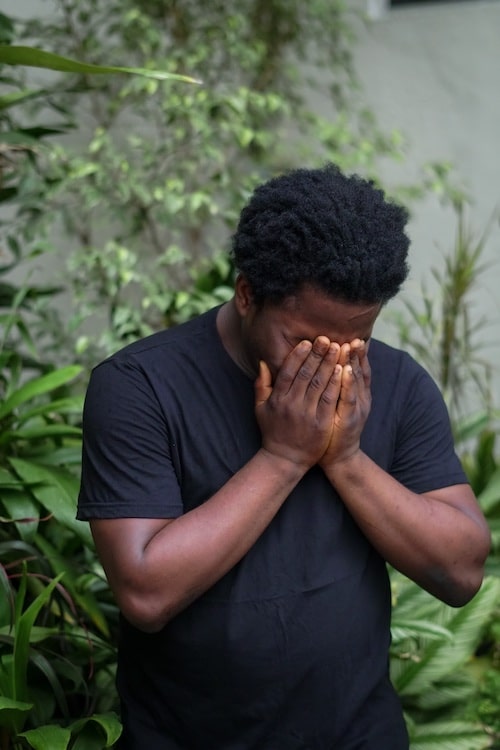We enjoyed an interesting and thought provoking in-person seminar with our host, Briony Martin. The…

Managing Power, Control, Boundary and Attachment Dynamics when working with Survivors of Abuse with Christiane Sanderson (May 2021)
Christiane is an impressive presenter, author, and lecturer, and the session today was unique in that it was delivered alongside attendees, rather than from an ‘expert’ position, modelling how to manage power.
The session was experiential and began with a group session in which attendees were invited to explore their own unconscious biases, primarily around the area of power and control. We were encouraged to critique our theoretical models to see how, whilst promoting safety, they can for the client engender fear. This group session, although challenging, provided rich material for a discussion – how do we as therapists wittingly or unwittingly invoke power dynamics within the therapeutic relationship. There is an archetypal image of the therapist as a healer which carries with it an implicit implication that the client therefore must be ill. Do we need to view our clients as ‘other’, if so is this because we are defending against our own relational fears, shame or unprocessed trauma?
Despite our own self-exploration, as therapists it is still possible that we may become complacent and therefore run the risk of imposing our views, albeit unintentionally. The day introduced us to the concept of microaggressions and how subtle and damaging they can be. What can be a compliment to one person, to another could be deeply offensive and/or a replication of earlier trauma. The experiential element of the day ensured that those present witnessed an example of how easily this can happen when we use our personal power. Checking in with ourselves and in supervision around how we present clients can give us an insight into ours.
This illustration of ‘personal power’ derives from the power/threat framework by Johnstone and Boyle (2018). This framework was put together as an alternative to traditional diagnostic measures. Christiane promoted this framework as a model to help therapists empower their clients and encouraged us to incorporate it into our therapeutic thinking, to enable us to present case formulations within a social and relational context. This model in addition to the cultural formulation interview, invites therapists to look beyond the presenting issue and engage with the wider world of the client and how their world intersects with social injustice, power or discrimination. The client does not lose these within the therapy room, and it is important that as therapists we are open to and aware of this from both our clients’ and our own perspectives.
This in turn may help us to understand the transference and counter-transference reactions within sessions. Christiane invited us to explore what clients may have had to do in order to survive. What served them when they were in danger and how might it manifest within the therapy room? An example Christiane gave was boundaries, are they imposed strictly and if so, is that for our benefit or for the client? Introducing more flexibility into our working practices was advocated as a beginning to dropping some of the ‘power’. An ability to see particular behaviours as protective rather than maladaptive would allow us to be present with our clients and help to reduce the feeling of shame associated with those behaviours.
Christiane described three narcissistic snares that therapists are vulnerable to, as set out by Maltsberger and Buie.
- To know all. Why do we feel that we need to be the fonts of all knowledge – ‘the expert’? Curiosity and not knowing allows opportunity for growth.
- To heal all – can any therapist heal all of their clients or is that a narcissistic belief?
- To love all – is this realistic? The true power in the therapeutic relationship is in the connection between two people.
It was impressed upon us that therapy is a human encounter first and foremost and, whilst we may be more knowledgeable in some areas than our clients, it is also important to recognise and acknowledge that our clients will be more knowledgeable about others.
Power is a complex and multifaceted concept and there is no escaping the knowledge that within therapy there will always be a power dynamic. However complex trauma is predicated upon the misuse of power and control; as therapists it is important to acknowledge that to our clients, in order to equalise the relationship and redress the power balance. At the end of the session Christiane left us with a final point to take away, which was that power in itself is not bad, but the misuse of power is.
_________________________________________________________________________________________________________________
Average feedback scores from our event:
Organisation of event: 4.9 out of 5
Speaker: 4.8 out of 5
_________________________________________________________________________________________________________________




This Post Has 0 Comments